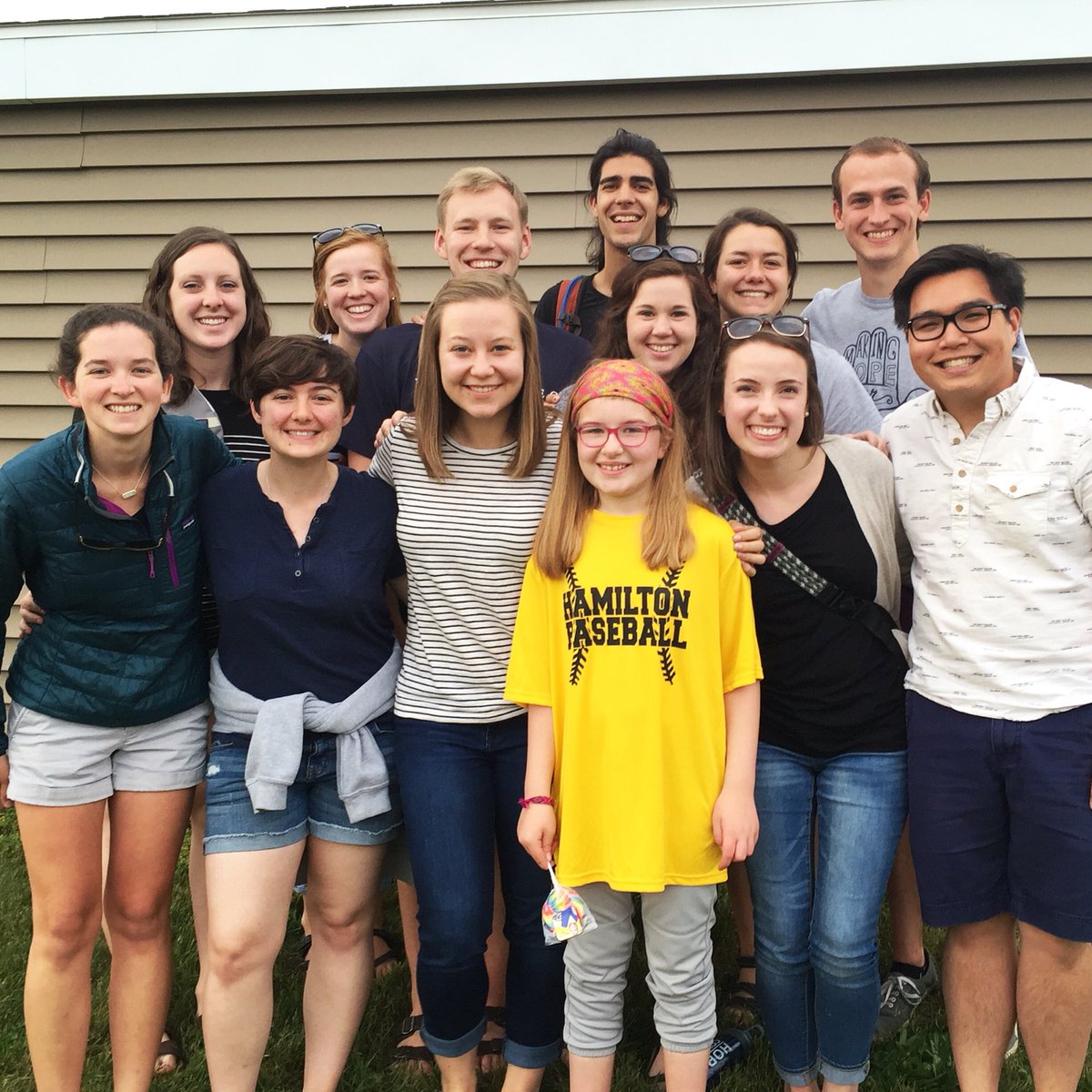Hope College has developed an after-school program for middle school students called Step Up, a collaboration of the Children’s After School Achievement (CASA) and TRiO Upward Bound programs for elementary and high school students. It’s a successful initiative that is continuing to grow.
Step Up has existed since 2010, when CASA and Upward Bound felt the time was right to pilot a support project for middle school students, a population not served by either of the other programs. Step Up provides academic support in a mentoring context to at-risk middle school students with academic need in the Holland area.
Initially enrolling five CASA students who were moving into middle school, Step Up has grown into a 50-student operation. The students meet for weekly homework and academic skill-building, as well as on-going opportunities including student-parent sessions, college visits and involvement in Tech Wizards (STEM-focused mentoring by 4H/MSU Extension). Through a Michigan STEM Partnership grant this past year, Step Up has added to its weekly sessions by integrating STEM programming. Students are building vertical gardens this semester with mentors and have access to mathematics and science kits.
“The Step Up program is distinguished for its focus on academic mentoring, but reaches beyond simply doing homework,” said Regan Postma-Montaño, who leads the program as a full-time Faith in Youth AmeriCorps member. “Students eagerly work with their mentors to dream of the possibilities for their lives.”
One student from Step Up has recognized the program as “helping him succeed in middle school and going onto high school and college,” while a mentor has valued “interacting with kids and being able to help them with their homework.”
The goal of the Step Up program is to provide students with the academic and emotional support they need to succeed in school and reach their educational and life goals. Program progress is measured with pre- and post- student and teacher surveys, as well as student grade and attendance reports. The program provides an accessible training ground for Hope College students, among others, who serve as mentors to the middle-schoolers. Parents are active in the program by attending special enrichment sessions alongside their students to learn about issues facing their children and ways to best support them.
The trained mentors work with the students one day a week on campus during the academic year. In 2015-16, 41 mentors have been working with Step Up students, including 22 Hope students, nine Upward Bound High School students, eight other high school students and two community members. Step Up also offers a four-week summer program focused on STEM explorations through the support of The Center for Exploratory Learning at Hope and the Michigan STEM Partnership grant and an award from ExxonMobil. The students interact with caring, consistent mentors who serve as role models, advocates and tutors.
Initially coordinated with the help of student volunteers, Step Up has been led by Postma-Montaño for the past two years. The full-time Americorps staffing has allowed Step Up to move ahead with program design, identifying best practices and developing multiple collaborations as it continues to enhance its work with the middle-schoolers.
“Step Up is a developing program with need areas including student transportation and staffing,” Postma-Montaño said. “The program continues to grow and we would love to add an additional day of mentoring and also invite students on our wait list to join the program.”
CASA, a community program of Hope College, provides academic and cultural enrichment for at-risk first- through fifth-grade students. The program, which runs year-round, is intended to improve the students’ academic performance by providing the tools they need to succeed in school. Hope College has been touching young lives through CASA for nearly 30 years.
Hope College TRiO Upward Bound seeks to generate the skills and motivation necessary for success in education beyond high school among students from low-income and first-generation families who have the potential to pursue a college education but may lack adequate preparation or support. Established in 1968, the program is one of the oldest continuous Upward Bound programs in the country, and has been administered through Hope since its inception.
